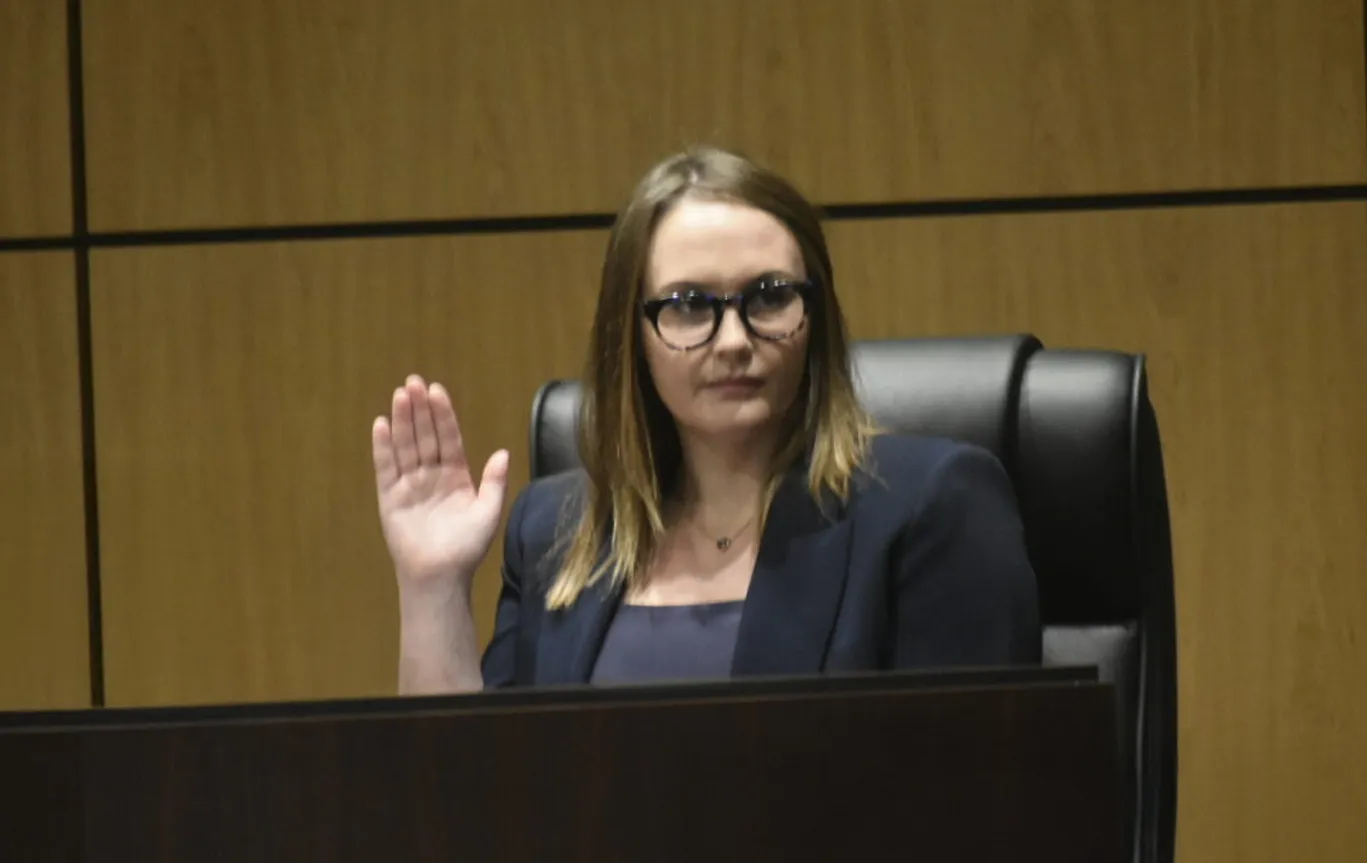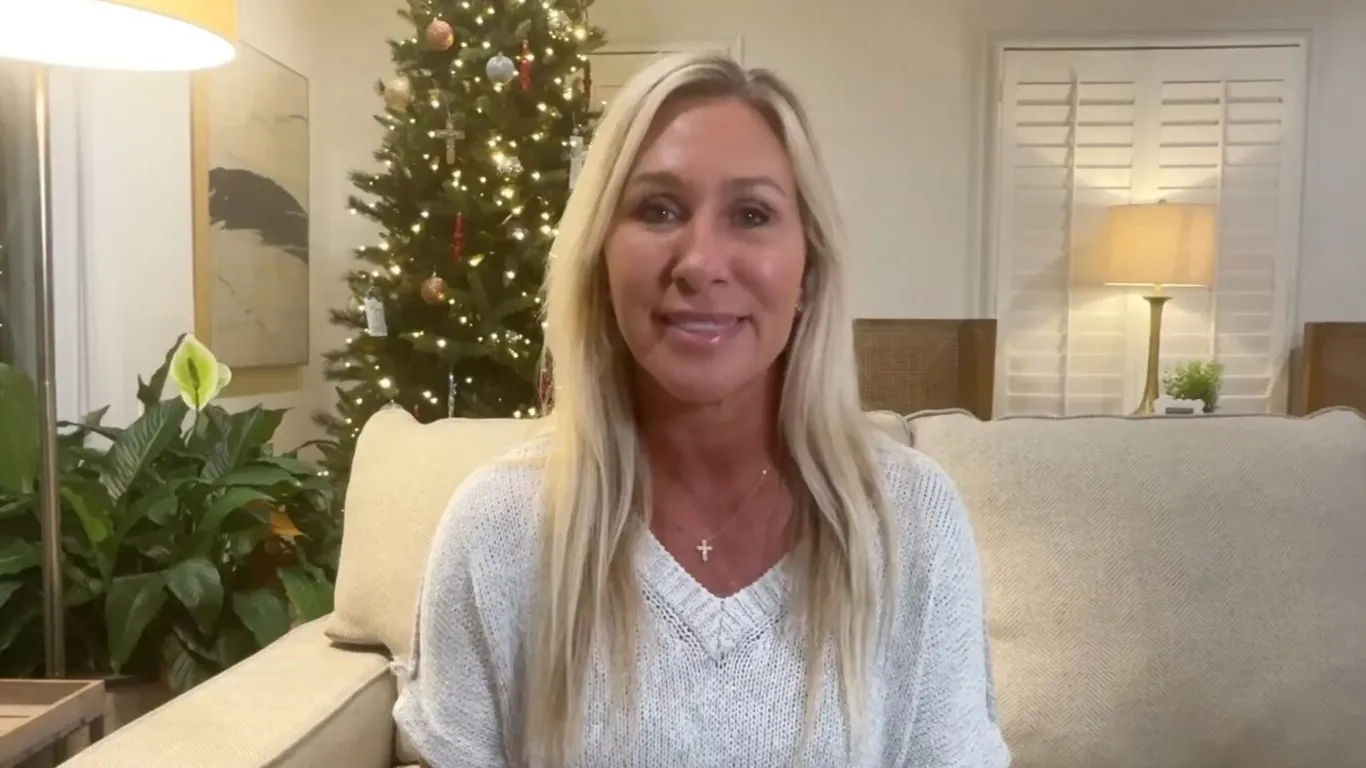Cobb Contributor Op-Ed
The Cobb County School Board’s decision to terminate elementary school teacher Katie Rinderle has been consistently upheld in court, underscoring the Board’s authority to enforce district policy and Georgia law.
U.S. District Court Judge Tiffany Johnson ruled Tuesday that until Rinderle’s challenge over her termination is resolved in the Georgia Court of Appeals, a separate federal challenge against school district policies targeting so-called divisive topics will be on hold.
At issue was Rinderle’s choice to read My Shadow is Purple, a picture book featuring a nonbinary protagonist, to a class of 10- and 11-year-olds. Parents quickly raised objections, arguing that the book presented a one-sided view of gender ideology and violated their religious beliefs.
Related: Superior Court Upholds Cobb County School Board’s Termination of Teacher for Policy Violation
A disciplinary tribunal initially recommended against firing her, citing errors but not malice. The Board disagreed and voted to terminate her employment. That decision has since been affirmed by both the State Board of Education and Cobb County Superior Court. Judge Kimberly Childs wrote in a January ruling:
“The record contains evidence that Rinderle knew about, and violated, CCSD’s rules governing use of supplemental resources and sensitive or controversial topics. The record also contains evidence that Rinderle was dishonest during CCSD’s investigation into her conduct. That evidence is enough for a local board to conclude that Rinderle engaged in willful neglect of duties by intentionally violating a known rule or policy.”
The case is now before the Georgia Court of Appeals, but thus far, every legal ruling has validated the School Board’s action.
Related: Radical SPLC Defends Fired Cobb Teacher Who Pushed Gender Ideology on 5th Graders
The SPLC’s Role: A Broader Agenda
While the state courts have backed Cobb’s position, the Southern Poverty Law Center (SPLC) has aggressively taken up Rinderle’s cause, filing lawsuits that extend far beyond one teacher’s dismissal. In addition to supporting Rinderle’s federal challenge, the SPLC has attacked the district’s policies on “divisive concepts” more broadly.
Their lawsuit claims that Cobb’s rules on controversial materials amount to unlawful censorship, even going so far as to allege the district is “erasing” and “stigmatizing” LGBTQ students. In one filing, the SPLC-backed complaint argued:
“Defendants’ Censorship Policies effectuate the erasure, silencing, and stigmatization of gender nonconforming and LGBTQ students… denying them access to materials and curriculum that represent their identities and communities.”
But Cobb schools have consistently stood by their decision. In a recent statement, the district made its position clear:
“Multiple rulings, in court and by the State Board, have confirmed what the District has maintained from the beginning of the case: the District’s decision was lawful and necessary. Previous rulings have also affirmed Ms. Rinderle knowingly violated District rules and policy and also affirmed evidence of Ms. Rinderle being dishonest during the investigation.”
Taxpayers Bearing the Cost
For Cobb families, the most pressing issue is not just what happens in the courtroom, but what these lawsuits cost. Every case forces the district to divert taxpayer funds to defend itself, draining hundreds of thousands of dollars that could have been used for better purposes, like strengthening reading programs, hiring school counselors, or investing in classroom technology.
District officials voiced their frustration in another statement:
“Today’s procedural ruling does not change those facts, and we remain confident in the judicial process. In Cobb, we’re committed to following the law and focused on ensuring our classrooms remain centered on teaching and learning.”
Yet, the SPLC continues filing lawsuits, each one placing financial strain on local taxpayers. It’s a pattern that raises a larger question: why are national activist groups using Cobb County as their legal battleground, at the expense of student’s education and families?
Related: Lawfare in Cobb, Taxpayers Foot The Bill for Democrat Led Lawsuits on Cobb School Board Republicans
A Larger Fight Over the Classroom
Rinderle’s attorneys argue that Cobb’s policies are vague, discriminatory, and unconstitutional. They claim she could not have known reading the book would violate rules, even though the tribunal and the courts determined otherwise.
The truth is that this case is not just about one teacher or one book. It’s about a larger effort to push ideological content into public schools, regardless of community standards. Even Rinderle’s attorney admitted the lawsuit has broader goals.
As one parent put it bluntly after the Board’s decision: “We send our kids to school to learn math and reading, not to be lectured on gender politics.”
Standing Up for Cobb’s Values
The Georgia courts have made themselves clear: the Cobb County School Board acted lawfully when it removed a teacher who intentionally violated known policies. Yet, outside groups like the SPLC are determined to use cases like this as weapons in a national culture war, with Cobb schools caught in the middle.
The central question now isn’t just whether Katie Rinderle’s firing was justified, it’s whether taxpayers will continue footing the bill for lawsuits aimed at forcing controversial ideologies into elementary classrooms.
Parents, students, and community members deserve a school system focused on teaching and learning, not on defending itself in courtroom battles waged by national activist groups.










